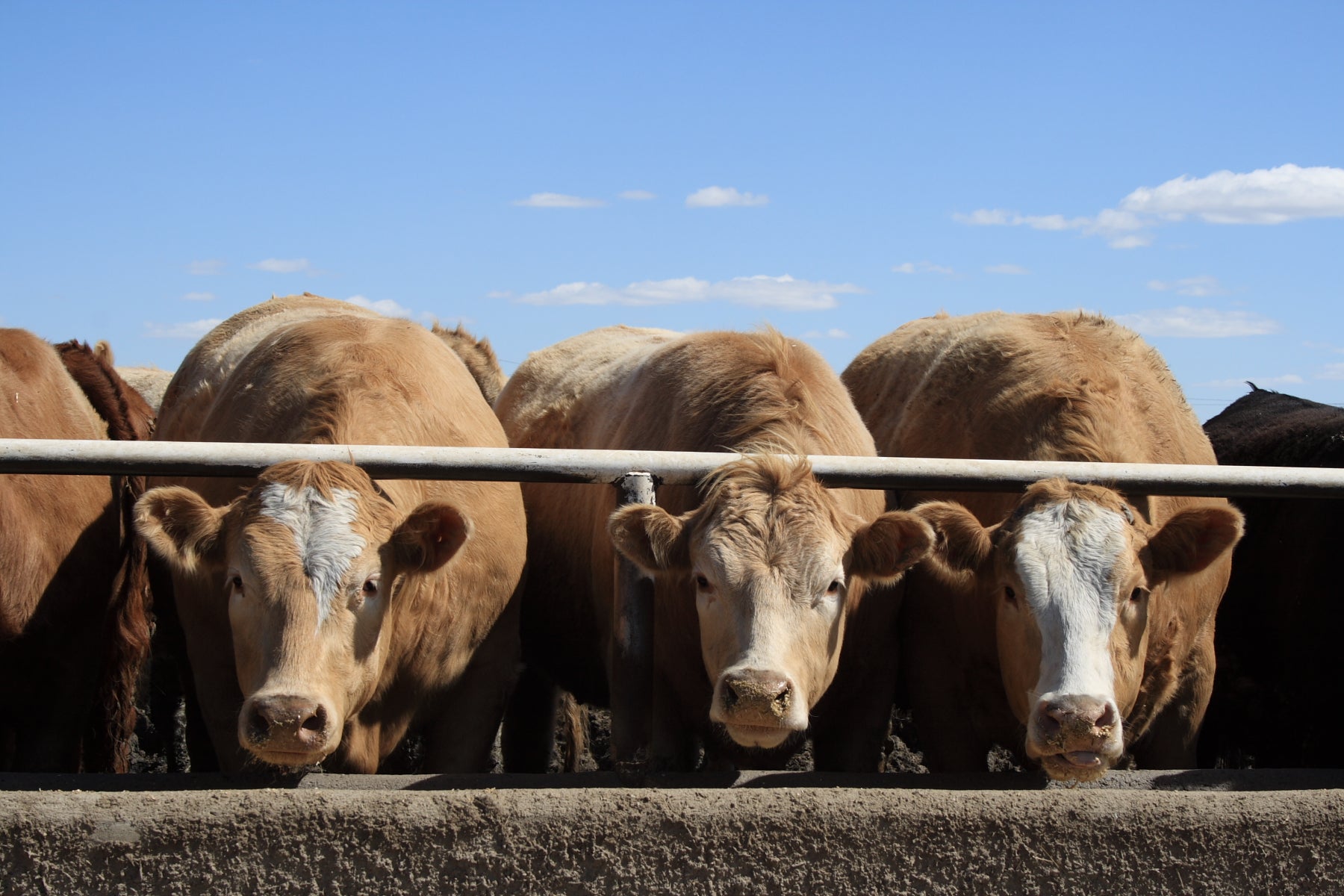‘We’ll never be able to compete, however much we lower our standards’: What the new agriculture bill really means for the food on our plates
A new bill could instigate a race to the bottom when it comes to the UK’s farming standards. Lizzie Rivera finds out more

Following Brexit, Britain is “taking back control” of its food standards with the new Agriculture Bill – touted as the biggest reform of British farming since 1945. However, last month, the government rejected a proposed amendment to enshrine in law that the food we import is farmed to the same standards as the food we grow. Without the amendment, the likes of chlorinated chickens, hormone-fed beef and GM-soy could feasibly find their way onto our plates, despite the fact that farming in this way is illegal in the UK.
Why is this important? Well, because we import around 50 per cent of the food we eat.
“It is completely unacceptable to ask our farmers to meet higher standards and then allow them to be undermined by cheap competition,” says Brighton MP Caroline Lucas. “All the government pledges about products sold in the UK being required to meet our regulatory requirements are just weasel words when it won’t back up those pledges in law.”
Subscribe to Independent Premium to bookmark this article
Want to bookmark your favourite articles and stories to read or reference later? Start your Independent Premium subscription today.
Join our commenting forum
Join thought-provoking conversations, follow other Independent readers and see their replies